Biological Effects of β -Carotene
Several carotenoids show enhancement of the immune response, inhibition of mutagenesis, reduction of induced nuclear damage, and protection from various neoplastic events in cells, tissues, and whole animals. Some carotenoids, including â-carotene, quench highly reactive singlet oxygen under certain conditions and can block free radical-mediated reactions. Evidence from observational epidemiological studies has shown that a high consumption of fruits and vegetables rich in carotenoids is associated with a low risk for cancer. However, some human intervention trials failed to demonstrate prevention of cancer by β –Carotene supplements. This book is an up-to-date and comprehensive analysis of pharmacological, toxicological reports and clinical applications of the β –Carotene.
{{comment.content}}
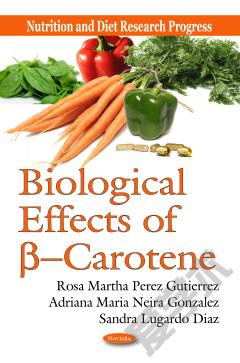

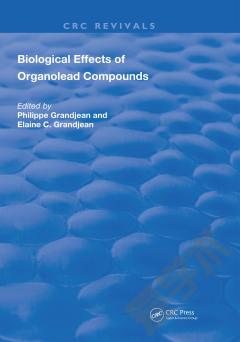
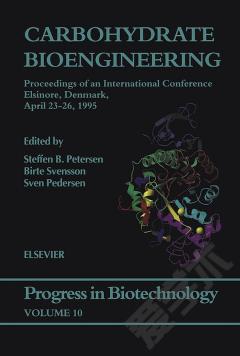
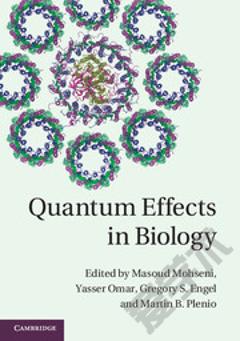
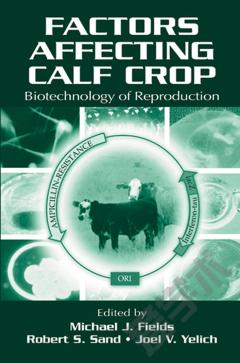
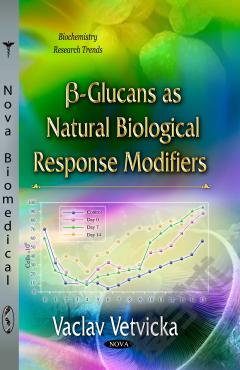

 京公网安备 11010802027623号
京公网安备 11010802027623号